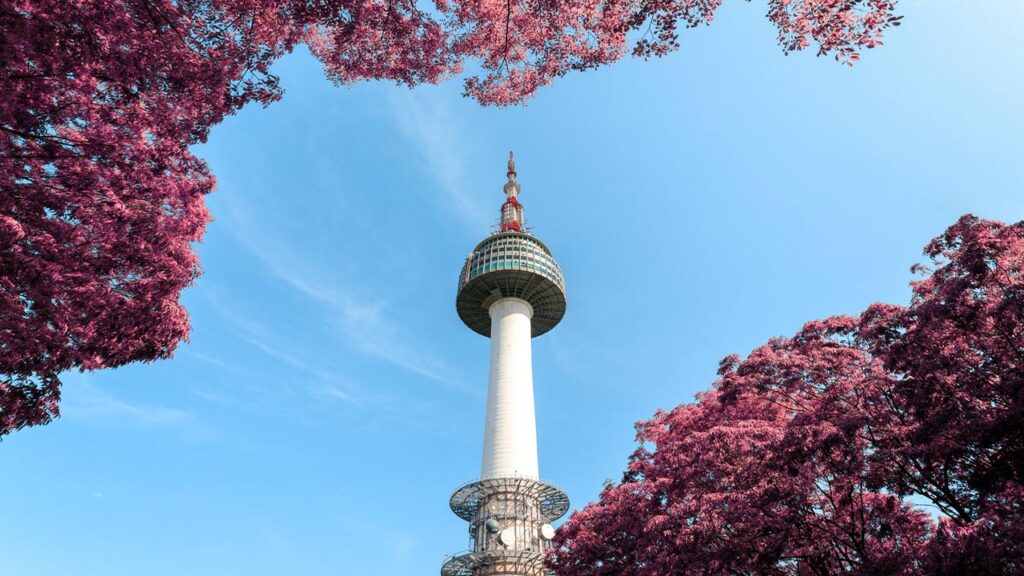For over 25 years Jonckers has been an innovator in fast, cost-effective translation
Get Instant Translation with
WordsOnline
Get Subscription with
WordsOnline
Get an Instant Translation
with WordsOnline
Save move with a Translation Subscription service

Hassle-free uploads, with fast turnarounds and easy invoicing. Upload, relax, repeat.
No matter how quickly your business grows, we adjust to your needs. We love high volumes.
Experience the best of AI efficiency and human translation skills. Go Global Faster with amazing quality.
Our Korean translation and localisation services are of the highest standard. Only the best Korean translators will work on your content. Each of them is an accredited language expert, have in-depth knowledge of the nuances of the Korean language, can identify and incorporate cultural differences in the translated content and have excellent knowhow of your industry. We guarantee that the message you want to communicate to your audience will make perfect sense to them. The flow of language, tone and messaging will remain intact in the translated content.
At Jonckers, we follow a three-step process to identify the ideally suitable translators for your content. Each of them undergo an extensive training, testing and certification process. This is carried out to determine their compatibility with the task at hand.
Our job doesn’t end with assigning the best translators to work on your content. We have developed a translation platform called WordsOnline. It has a number of built-in algorithms, specifically tasked with quality assessment. It tracks the translation of your content and identifies content that can potentially be mistranslated or incorrectly localized. You can see our prime translation services here. This content is subjected to quality assessment checks to eliminate any mistakes.
We do not deliver run-of-the-mill word-for-word translation. We put a lot of emphasis on localizing the translated content, keeping in mind both the audience and the industry the content belongs to. The translation of content meant for retail or e-commerce will be different from that meant for travel and tourism. These subtle attention to detail help us stand apart.
Korean is spoken by over 80 million people, primarily in South and North Korea. It’s both the national language and official language of these two countries. There are differences in the standardized official forms of Korean used in the two countries. The Korean diaspora around the world also speak Korean. Some of the countries with a thriving Korean diaspora are China, the United States, Japan, etc. In fact, Korean is one of the most used foreign languages in China, along with Japanese, English and Russian.
The standard form of Korean in both South and North Korea is based on the dialect of Korean spoken in and around Seoul. There are numerous dialects in the Korean language. Most of the dialects are similar to each other and can be understood by speakers other dialects, but there are subtle differences in terms of phrases and vocabulary. The tone of speech is the primary difference between the dialects. Some dialects, like the one in Seoul, emphasizes the vowel, while others, like the dialect in Gyeongsang district, emphasizes the pitch.
The modern history of South and North Korea and the separation has also had an impact on the language. The Korean spoken in North Korea has incorporated several terms from Russian language, whereas the Korean spoken in South Korea has incorporated several English words and terms. Besides, vocabulary, there are also differences in terms of pronunciation, grammar and spelling between the Korean spoken in these two countries.






Translating over 1 million words per week
with WordsOnline.
Trusted localization partner with
over 10 years of customer satisfaction.
Delivering over 8,000 localized videos (with voiceovers) within 18 months.

